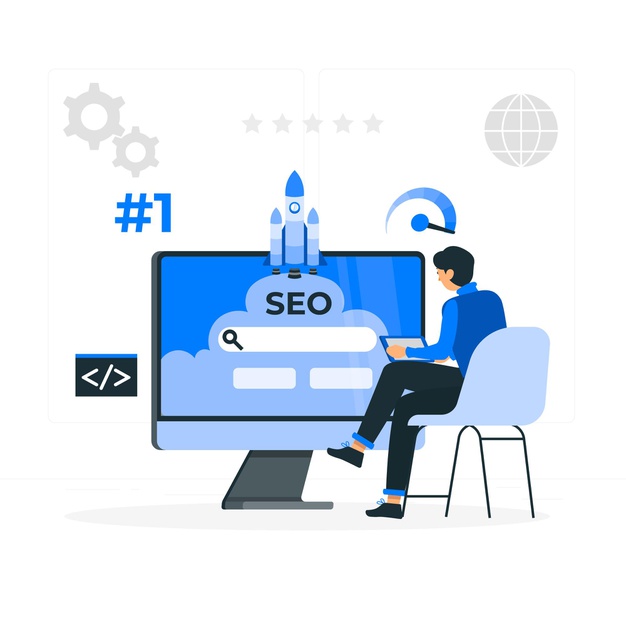Our clients often ask if outbound links from their sites matter in terms of website promotion. Many SEOs recommend removing all external links, questioning their usefulness. But I want to figure out what’s really going on and assist users understand the nuances and pros of using outgoing backlinks. So do these links matter?
The short answer is yes. Now let’s take a look at how to use outbound links on your site to get the most out of your site.
Outbound links – what value do they have for SEO?
Outbound links send your users to other sites on the Internet. They are usually used as links to fact-checking sources, to adjacent sources, to social media, and so on. To build high-quality and natural backlinks for your websites, we recommend using Link lifting website.
This is the contrary of internal links (interlinking), which take your visitors to other pages on your site.
2 TYPES OF Outgoing LINKS NOFOLLOW & DOFOLLOW
You should remember that there are 2 types of outgoing links, which are defined by the rel = “nofollow” attribute – its presence or absence in the link code tells search engines what to do with the link.
- Nofollow ask search engines to avoid the link and thus not transfer the weight of your page.
- Dofollow – that is, open links allow robots to follow them and transfer the weight of your site to the landing page.
- If you openly direct people to other sites, then you are giving it a kind of vote of trust, increasing its credibility in the eyes of search engines. And if you use a nofollow link, then you block the transfer of weight through this link.
- Nofollow backlinks could assist the webmaster get rid of a few penalties from search engines, let’s take a closer look.
When you must use nofollow links?
Nofollow backlinks must make up a smaller part of the outgoing links. Because Nofollow, in the eyes of a search engine, essentially breaks the “logical chain” in your website as well as the resource to which you are sending visitors. It could be useful in terms of some SEO ranking rules and general website promotion etiquette. So the cases when you need to use nofollow.
Paid links
In case users buy backlinks on your website, Google may punish you for this practice. Penalties can cause significant damage to the rating. Therefore, it is better to wrap such links in nofollow. Another question is whether they will be bought from you after that … In this situation, you can only recommend selling links from your site strictly on the subject of your resource.
Links in the comments
Always make (or ask your webmaster) links in comments closed from indexing. Because spammers will settle on your site and will massively post links to questionable resources that may be recognized by search engines as fraudulent. Which can lead to penalties already in relation to your site. The ideal option is not to allow links to be posted in the comments on your website.
User produced content or guest posts
If your site allows the posting of materials by guests of your site or third-party unverified authors, then the best option is to assign the Nofollow attribute to links from these materials. It is a good insurance against questionable links to controversial or even offensive content.










